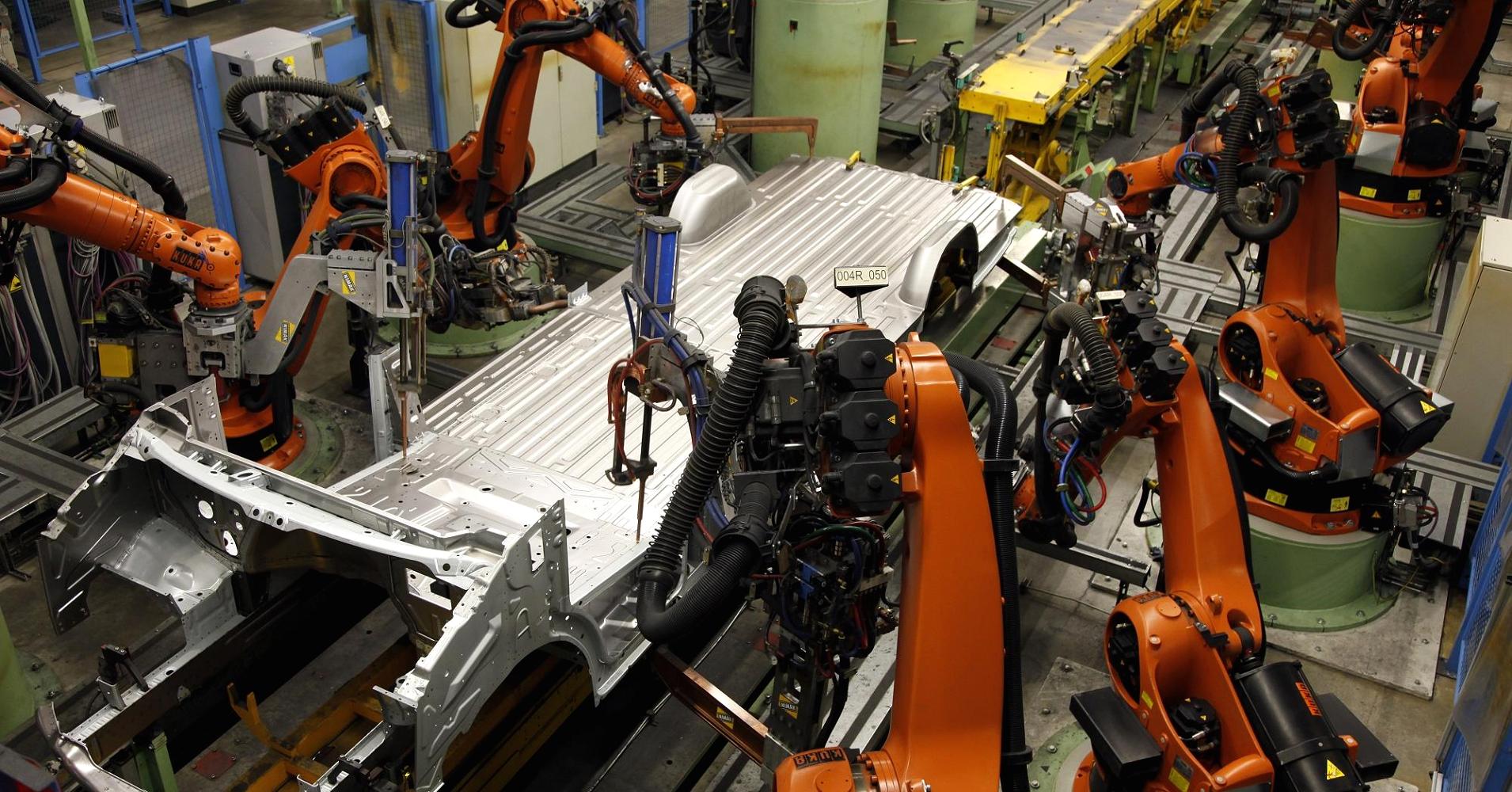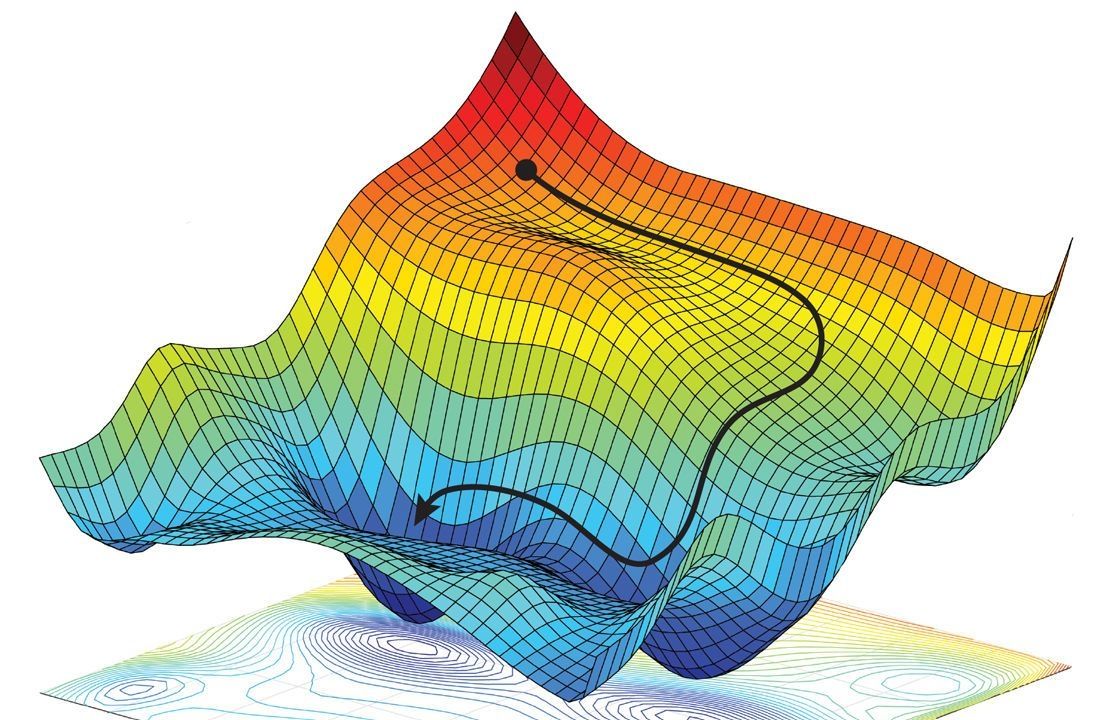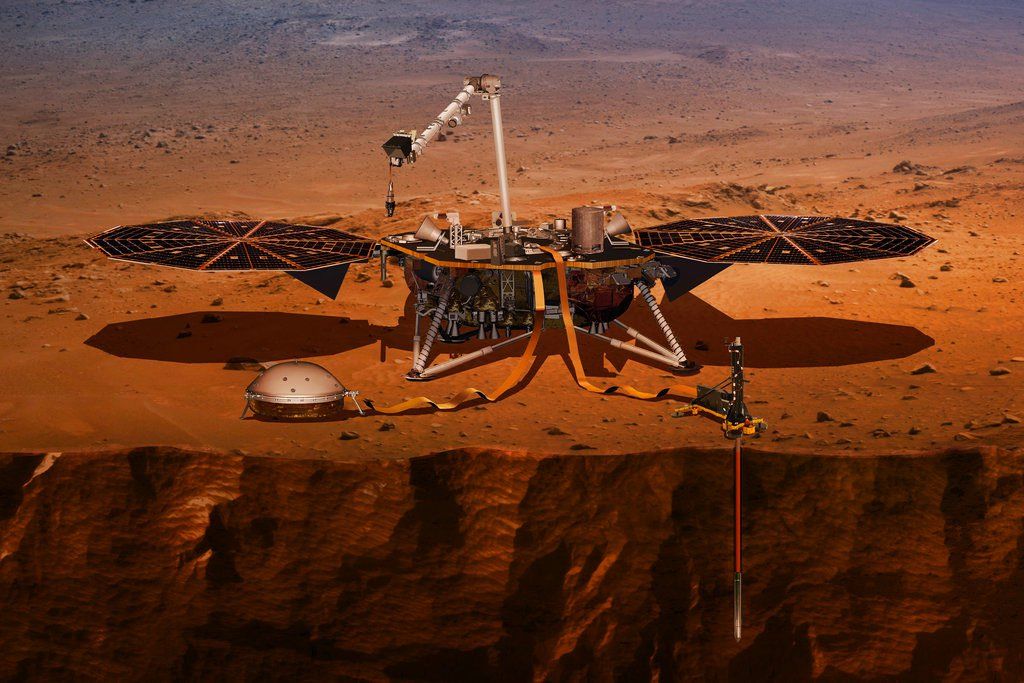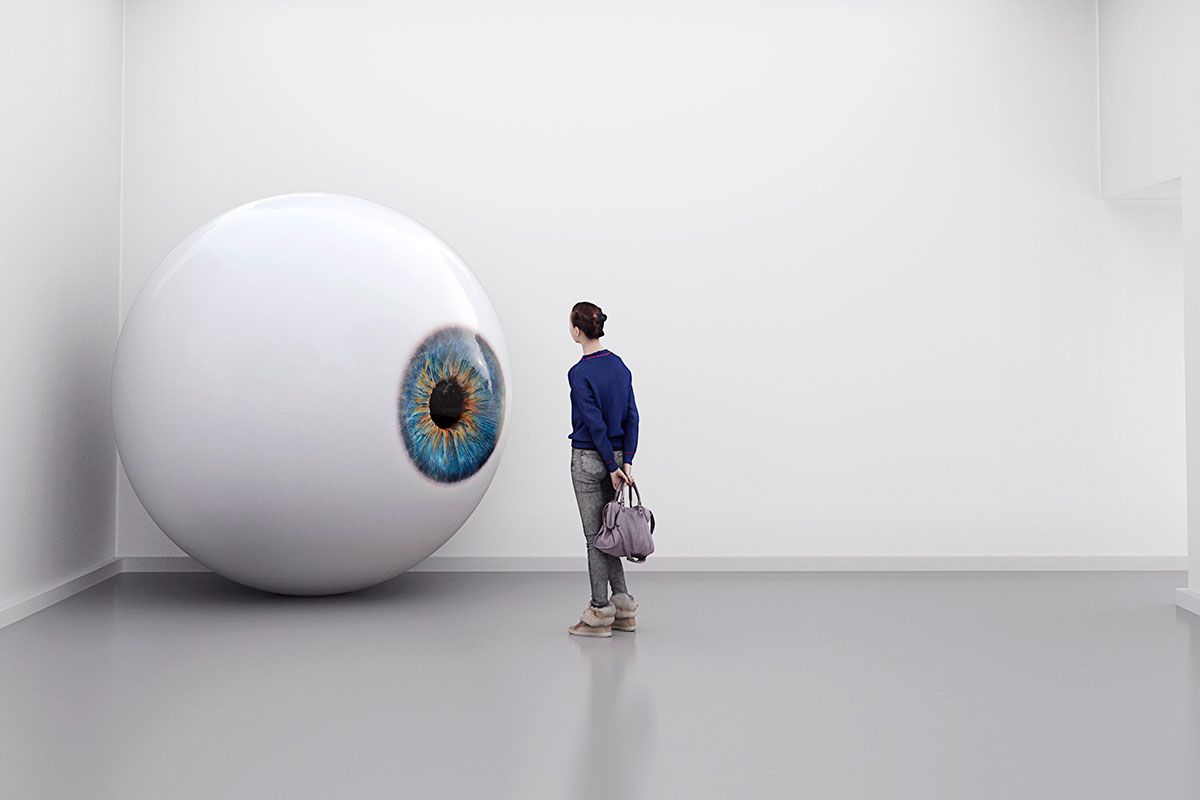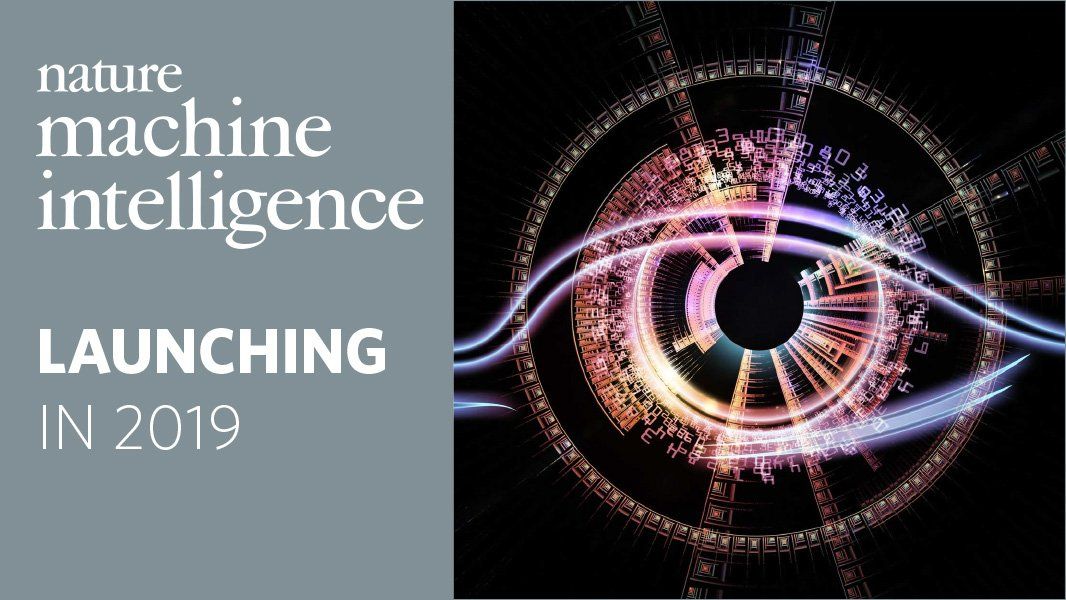Japan’s labor force do not mind robots in factories because they’re seen as a source of help, Japanese Deputy Prime Minister and Minister of Finance Taro Aso said in a panel discussion at the Asian Development Bank’s annual gathering in Manila.
Unlike many of their Western counterparts, Japanese workers aren’t afraid of robots stealing their jobs, a top-ranking official from the country said Friday.
